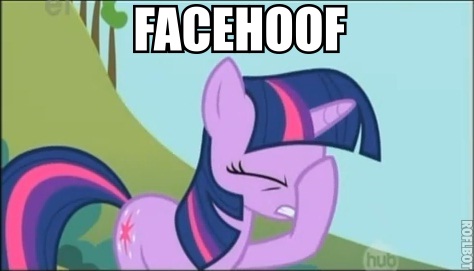As Feser tells us, "nothing" for philosophers
means the absence of anything - simple enough. For Krauss, however:
The bulk of the book is devoted to exploring how the energy
present in otherwise empty space, together with the laws of physics, might have
given rise to the universe as it exists today. This is at first treated as if
it were highly relevant to the question of how the universe might have come
from nothing—until Krauss acknowledges toward the end of the book that energy,
space, and the laws of physics don’t really count as “nothing” after all. Then
it is proposed that the laws of physics alone might do the trick—though these
too, as he implicitly allows, don’t really count as “nothing” either.
In other words, Krauss seems to pulling a bait and switch,
what he really means by "nothing" is really "something,"
such as energy in empty space or the laws of physics. Feser's final thoughts
are more than fitting:
Exciting or not, Krauss’ voyage does not take his reader
where he thought he was going. To the centuries-old debate over why any
universe exists at all, Krauss’ book contributes—precisely nothing.
As for me, considering the continuous stream of nothing and of amateurish philosophy and theology from Krauss and co., I can't think of any other response (HT: Sci Fi Catholic):


Hi Eric- It's fascinating that theoretical physicists are abandoning the search for "first principles" because they can't be found. For another viewpoint, I though you might be interested in this link: http://spokanefavs.com/culture/science/get-your-free-universe-right-here
ReplyDeleteLeave me a comment- I'd be interested in what you think.
Bruce
Bruce, you're right on target with your post, Krauss' idea is ridiculous. In fact, one need not get into the precise details of Quantum physics or Christian Theology to see what’s wrong with the proposals of Krauss and of other atheist physicists, like Stephan Hawking, another smart man, who wrote, "Because there is a law like gravity, the universe can and will create itself from nothing." Krauss and Hawking are clearly equivocating, it's not their real intent to say that a quantum space or the laws of physics are literally nothing (actually, I think laws of nature are purely abstractions and therefore don't cause anything), yet they act as though they've somehow solved the philosophical and theological question of "why is there is something rather nothing."
DeleteFor philosophers and theologians such as Anselm and Aquinas, "nothing" is exactly that, nothing, the absence of anything. Given the simplicity and lucidity of this objection, combined with the metaphysical principle of "out of nothing, nothing comes," it boggles the mind why Krauss and co. would continue to forge ahead with this “a universe from nothing” nonsense.
I think you might also like this post by Stephan Barr, a Catholic particle physicit, on Hawking's similar attempts at a free lunch. Barr gets to the heart of the matter:
'The dramatic possibility Hawking is considering (and many others before him) is that such a system [Quantum creation] might make a transition from its “no-universe state” to a state with one or more universes.
Would this be “creation” in the sense that theologians mean it? And in particular, would it be creation ex nihilo, creation from nothing?
The answer is no. First of all, one isn’t starting from “nothing.” The “no-universe state” as meant in these speculative scenarios is not nothing, it is a very definite something: it is one particular quantum state among many of an intricate rule-governed system. This no-universe state has specific properties and potentialities defined by a system of mathematical laws.
An analogy may help here. A checking account is a system that has many possible states: the zero-dollar state, the thousand-dollar state, the negative-thousand-dollar state (if one is overdrawn), the million-dollar state, etc. And this system can make transitions from one state to another. For instance, by a finance charge or by accruing interest. Even if your checking account happens to be in the zero-dollar state one day, the checking account is nevertheless still something definite and real—not “nothing.” It presupposes a bank, a monetary system, a contract between you and that bank—all being governed by various systems of rules.'
Sorry, I forgot the link to Barr: http://www.firstthings.com/onthesquare/2010/09/much-ado-about-ldquonothingrdquo-stephen-hawking-and-the-self-creating-universe
ReplyDelete